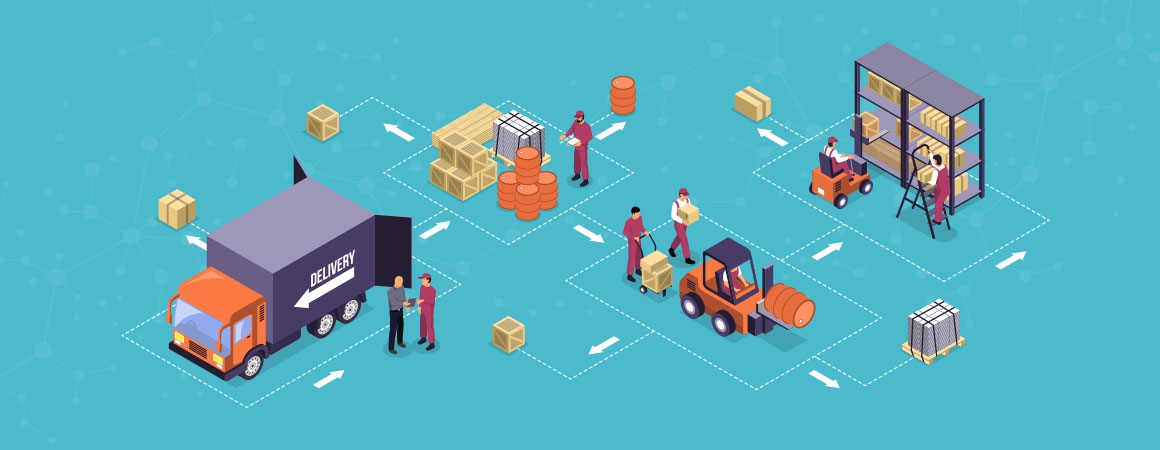
We use cookies to ensure that we give you the best experience on our website.
By using this site, you agree to our use of cookies. Find out more.
According to the Institute for Robotic Process Automation and AI, RPA implementation can result in prompt cost savings of up to 50%.

Robotic Process Automation is a rule-based platform that is designed to execute pre-determined tasks automatically. Because it is a software-based platform, it can perform physical, repeatable, and high-volume data tasks without any human involvement. This technology brings many changes to enterprise in terms of efficiency, speed and accuracy. Here are some of the specific advantages of RPA:
High-level Accuracy: The rule-based software robots hold immense potential to perform the given tasks with an almost zero probability of error. This means there will be no need to audit the work, as the assigned work will be executed with a 100% accuracy.
Improved Process Cycle Time: The fact cannot be denied that with the help of RPA, any task can be performed much quicker than humans. In the same manner, RPA executes the mundane and manual tasks faster and helping organizations to reduce process cycle time and increase efficiency.
Business processes in the logistics and transportation industry are highly dependent on back-office operations such as scheduling a delivery, updating customer details on web portals with current load status and ETA, etc. Through RPA, core business activities can be made less monotonous and repetitive. This will also lead to improve operational efficiency and economies of scale.
Apart from this, Robotic Process Automation can work 24/7 with the same level of efficiency. With regards to these advantages, operations of logistics and transportation department can easily be streamlined along with improving efficiency.
RPA improve operations of the transportation and logistics industry by:
Below are some of the back-office activities in the transportation and logistics industry that are suitable for automation:
With the rapidly increasing competition in the market, it is very crucial for the enterprises to adopt the latest tools and technologies to gain a competitive edge over others and increasing overall efficiency. Enterprises are facing too much pressure to offer better service to gain new customers and retain the existing ones as well. But, there are many companies who still rely on manual processes for scheduling payments, monitoring changes, etc. On the other hand, according to a survey of manufacturing and logistics executives, only 24% have implemented automated processes to improve the visibility of order and shipment status.
VertexPlus� RPA for transportation and logistics enables you to eliminate costly manual functions by automatically acquiring, integrating and delivering data across your supply chain operations. Now, you can easily communicate with the shippers, logistics partners, carriers and other trading partners effectively.
RPA implementation in the business also brings benefits like increased staff productivity, service levels and capacity to effectively perform repetitive and manual tasks and free up your employees to focus on customers and for more valuable work.
From initial pick-up request to checking and reporting shipment status between internal systems, implementing automation can be an effective solution for automating all these manual tasks. With robots, you can automate many tasks such as extract shipment details from incoming emails, log jobs in your scheduling systems and many more.
With the help of automation, there are many other tasks that can be automated and let the employees focus on more cognitive tasks. From eliminating manual processes for capturing loads and rate lookups to speed invoicing by integrating systems with the customer portals, all these could be automated with the RPA to enhance customer responsiveness and improve logistics planning. Therefore, implementing RPA in the logistics and transportation industry is a wise decision to boost overall efficiency and increase revenue.
Leave a Comment
Your email address will not be published.